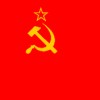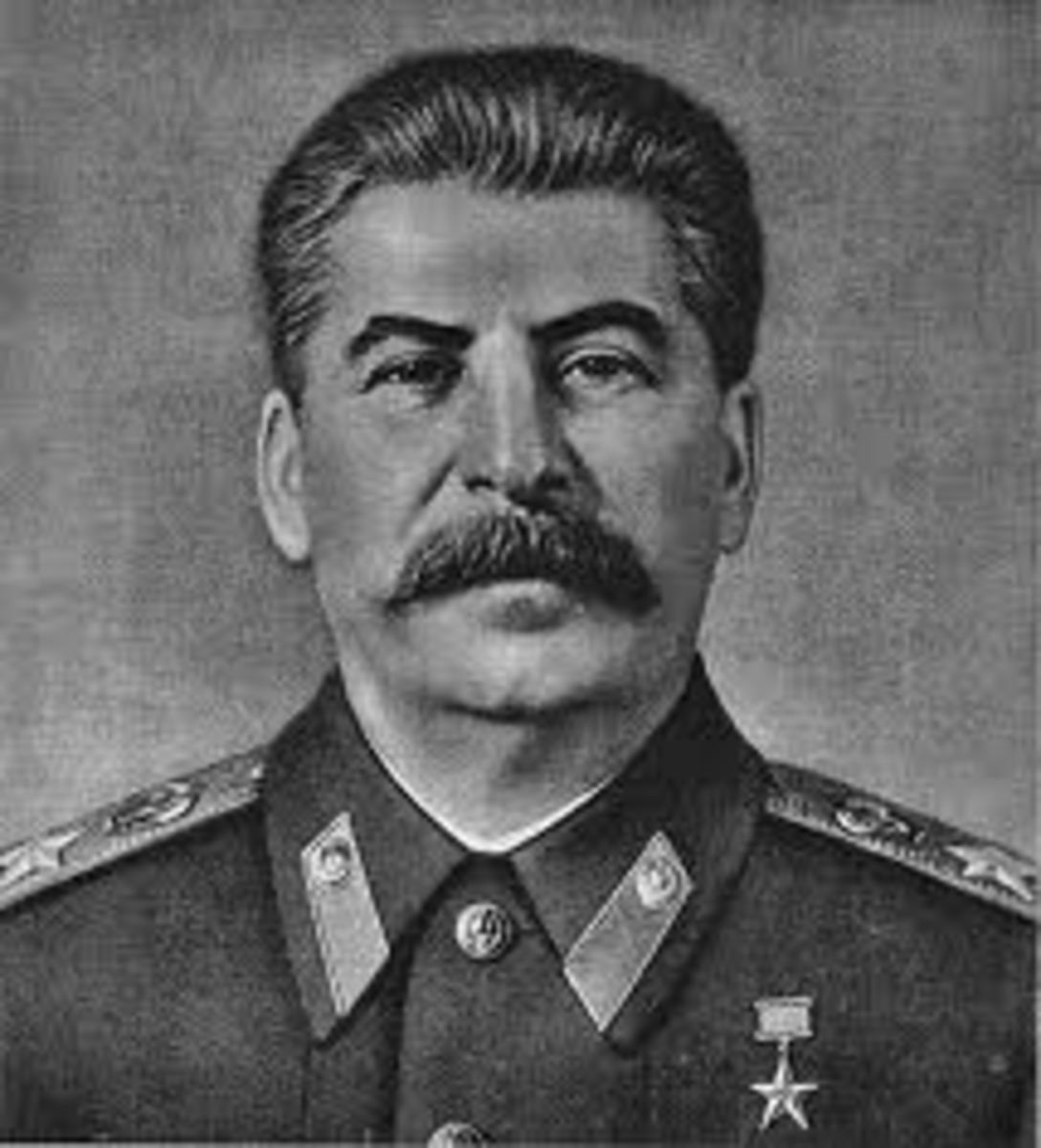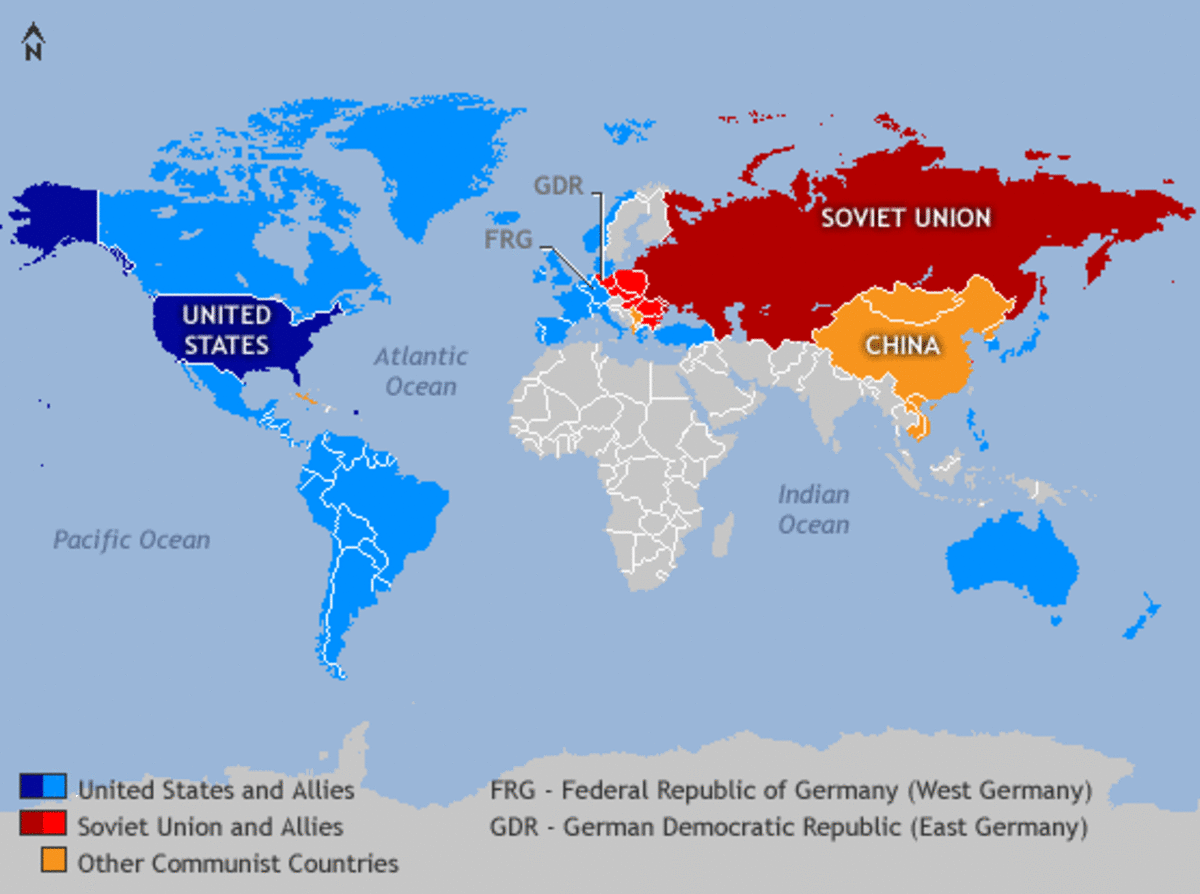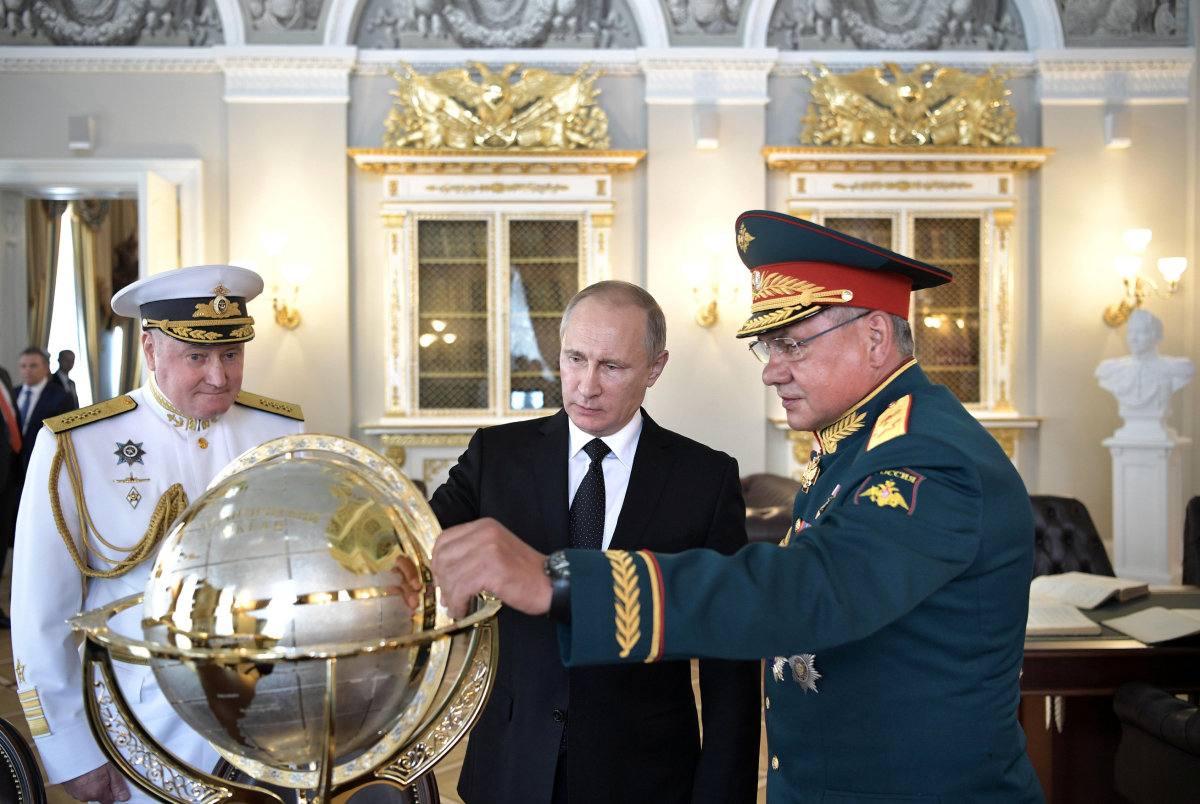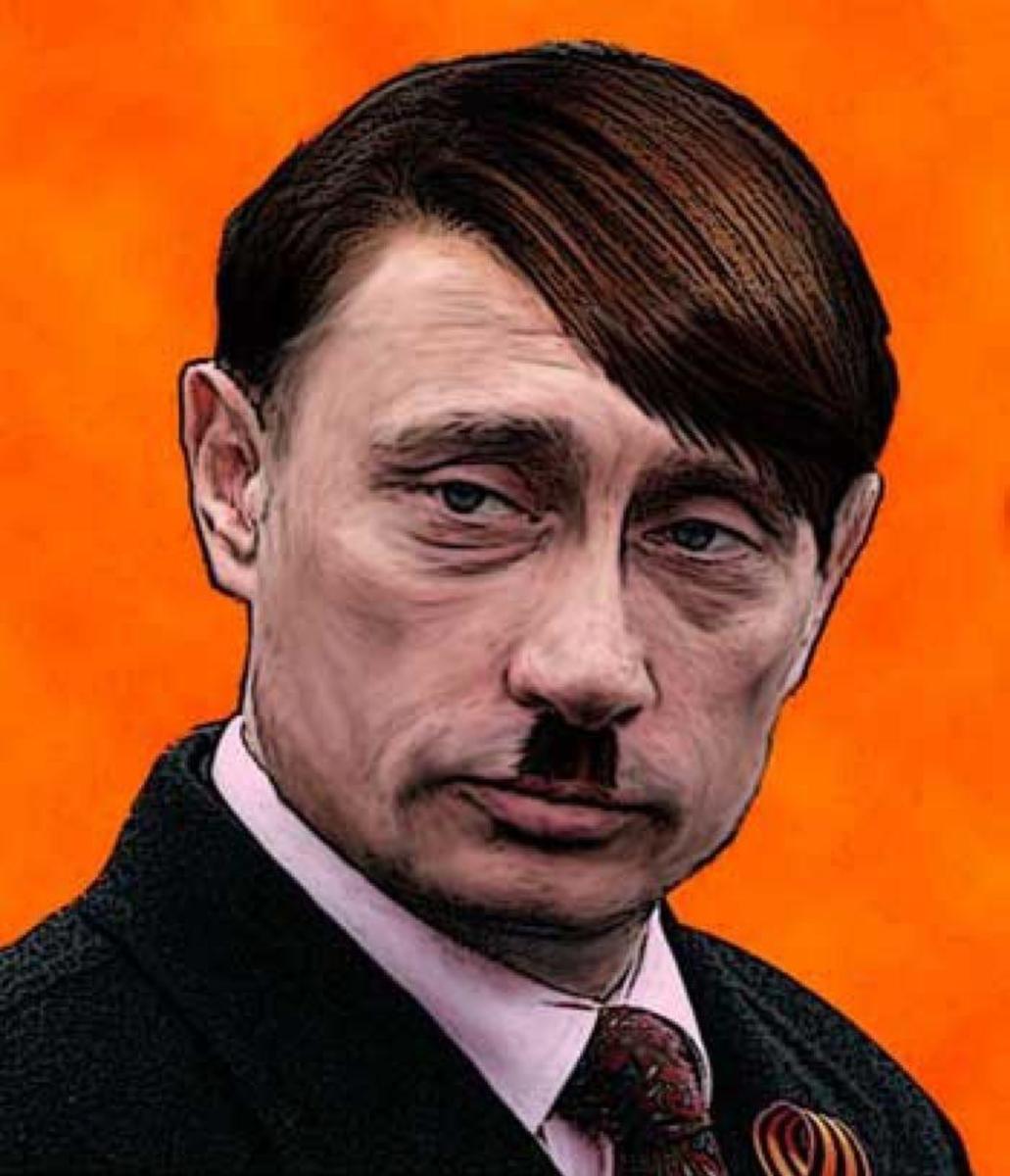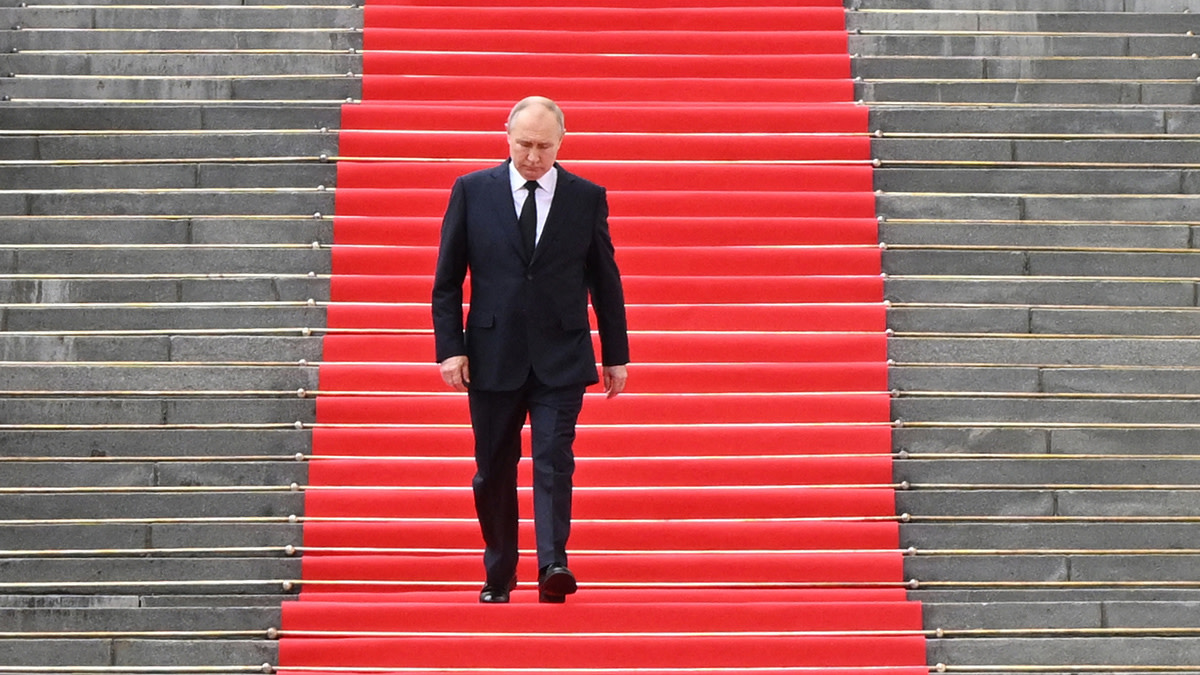A Marxist Perspective of the Demise of the Soviet Union
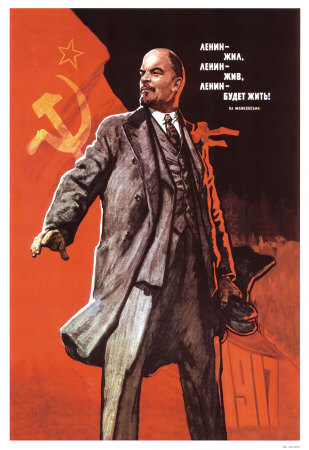
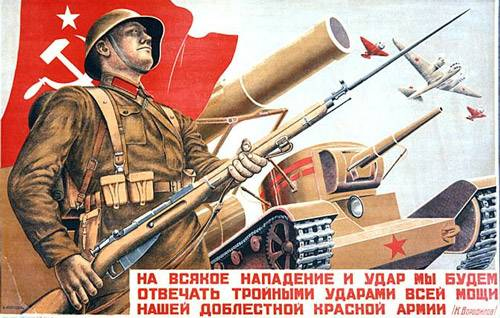
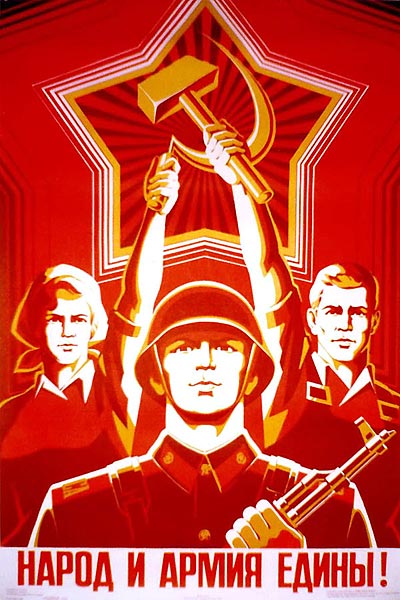
When discussing the inevitability of the demise of the Soviet Union response in the first instance must be to deny the inevitability of this event. For to accept theories regarding this as an inevitable phenomenon is to overlook the objective indicators of economic and social performance in the Soviet Union. It is difficult to accept that those who argue that the worlds second largest economy simply had to implode because of it’s socialist essence, have based their assertions on an objective analysis of Soviet conditions rather than subjective ideologically driven assumptions. Generally speaking, the Soviet economy was an exceptional performer with regular intensive growth rates driven by the socialization of the means of production. Alongside this the Soviet citizens enjoyed an extensive array of social rights and privileges. Rather than acknowledge these achievements, many scholars have tended to paint the picture of a lumbering inefficient system which as a result “imploded” or “collapsed.” Rather than the centralised system of planning bringing about the demise of the Soviet Union all of the statistical evidence suggests that the more liberalised the economy became the worse it performed.
It will be shown that there were alternatives to the policies of Mikhail Gorbachev’s reform agenda and had Gorbachev embraced this conservatism in the Soviet sense, the Soviet Union could have continued to not only exist but excel as a continued global superpower. Indeed this path seemed the most likely to be taken until Gorbachev outmanoeuvred Viktor Grishin to become General Secretary of the CPSU, by gaining the backing of the influential Andrei Gromyko. The deviation and revisionism of Marxism-Leninism embarked upon by Gorbachev was nothing new to the Soviet Union. It may in fact be said that Gorbachev’s attempted reforms were the realisation of the historical revisionism of Nikita Khrushchev. It will also be argued that this straying from orthodoxy and tarnishing the name of its revolutionary leaders helps explain the Soviet destruction on the one hand and the continued existence of states like Cuba and the Democratic People’s Republic of Korea on the other.
The Issue of “Inevitability”
A typical view of the Soviet demise is given by Martin Malia who argues that the Socialist idea is in itself deeply flawed and could not function. This is the type of idea originally proposed by economists like Friedrich Hayek who argued a planned economy could not last for any period of time, taking Lenin’s New Economic Policy as proof of this. Furthermore it is claimed that the system could not be reformed without the party losing it’s political authority. At the risk of flippancy one may speculate as to whether Malia is even aware of the post-Mao experience of the People’s Republic of China, the very existence of which disproves this analysis.
Opinions of similar essence are advanced by Karen Dawisha who advances the notion that it is “hard to imagine how the Soviet Union might have survived much longer, or why we would have wanted it to”. Furthermore the huge successes of the soviet system are dismissed. Take for example the massive raising of living standards, which it is said only occurred for those not killed, repressed, displaced ‘or subjected to unfair and inhumane treatment because of the “sins” of their relatives’. This type of argument is given a treatment by Stephen Cohen who assigns it the label of ‘original sin theory’. This type of argument states that because of the unlawful way it came into being and the supposed crimes of its revolutionary leaders that the ‘Soviet evil’ could only end with its total destruction. In advancing such a theory some scholars unwittingly invite criticisms of the bourgeois state of which they are so seemingly fond. For if one is to take the example of the United States it may be asked whether the soviet evil was worse than holding 12 million people over 200 years in bondage and 12 million more killed in transit from Africa. The counter argument to this is rather unconvincing, It is said that the US did not justify repression today for building tomorrows freedom and that the US sin was at the periphery of the state and not its foundations. Firstly, if it is said the US did not justify today’s repression for tomorrow’s freedom, it must be said that the US justified repression for repressions sake. It would of course be absurd to suggest this is the more just motive of the two. As for slavery being at the periphery it has been said by US Founding Father John Adams that “slaves represented more capital than any other asset in the nation, with the exception of land”. If we are to accept this reputable source then slavery must sit at the very foundations of the United States and thus the original sin theory is defeated on its own terms.
On the issue of why anyone would want the Soviet Union to survive Dawisha expands by saying that authoritarian government can only be justified if the benefits it brings exceed those found in apparently superior political systems. The point is also made that the Soviet citizens social benefits were not superior to the countries of Scandinavia. Thus, the Soviet system could not be justified. In taking the most advanced liberal democracy in terms of social privileges and saying it de-legitimizes the soviet system ignores the vast majority of other liberal democratic states with inferior systems of social benefits. Essentially this argument obscures the general and the specific. It uses the specific examples of Scandinavia and the Soviet Union to draw conclusions about the superiority of the general system of democracy over authoritarianism. By using the exact same logic one could say the Soviet system was superior as the social benefits of the Soviet Union outweighed those found in Ireland, the US or the vast majority of capitalist states for that matter. If the exact same premises can be used to give two contradictory conclusions then the argument is unsound. There is also a simplification of conditions made when saying the Scandinavian systems have superior social benefits. For this ignores that in countries like Sweden or Norway these benefits are not guaranteed. They are regularly victim of reform triggered by market fluctuations as they are underpinned by a capitalist economy. Another issue not factored in here is that while Scandinavian countries tend to have progressive safety nets, Soviet citizens did not require a safety net due to the constitutional requirement of full employment.
The argument that the Soviet system could not survive and moreover that no-one ought to want it to survive has not only been shown to be logically inconsistent, but it also stands as a subjective value claim against the objective data that is the mass of public opinion. For it cannot be argued that the Soviet system was an unpopular one forced upon an unwilling populace who yearned for its demise. In fact only 9 months prior to the dismantling of the Soviet Union 76.4% of voters opted to maintain its existence. Also revealing is an 1989 survey by VTsIOM, when asked what was required for the betterment of life 50% of those questioned answered ‘firm order’ compared to 18% who called for private enterprise. Clearly more of the population identified with the ideals of Lenin and Stalin than Hayek or Yeltsin. Perhaps of no greater evidence to this fact is that no more than one third of the population ever voted in favour of serious economic reform and anywhere up to 80% of the population could be said to be against changing the fundamentals of the Soviet economy.
One popular characterisation of the Soviet economy is that of a lumbering, bureaucratic, inefficient entity incapable of economic dynamism and unable to meet its peoples consumer needs. It is said that economic planning is afflicted by corruption and dishonesty and that waste is ‘endemic to the system’. It should then be necessary to inquire whether corruption and dishonesty are traits exclusive to the socialist system. For one need only look at the capitalist culture of tax havens, political funding and lobbying to know this is not a socialist phenomenon.
As for the claim that waste is ‘endemic to the system’ this can be measured by patterns of economic performance. Yet in doing this we do not find wasteful inefficiency but extended periods of rapid growth and the regular outperforming of the capitalist economies. The basic history is fairly well known but for purposes of contextualisation is worth repeating in short. This being that Russia was a backward agrarian based economy upon the victory of the October revolution and the creation of the first ever socialist state based on Marxist-Leninist theory. This occurred on the back of the destruction of World War I, was followed by a civil war provoked by the remnants Czarism and capitalised upon by foreign interventionist armies including the United States and United Kingdom. After the death of Lenin, driven by the fear of capitalist encirclement, new Soviet leader Josef Stalin led the Soviet Union in the fastest industrialisation process in history. This proved to be vital in the defeat of Nazism in the Great Patriotic War. Following this victory the Soviet Union’s one time allies now reverted to type, that of being diametrically opposed enemies. Now the Soviet’s essentially faced conditions of economic blockade. What can be drawn from this concision of Soviet history is that the Soviets were operating under severe handicaps in a hostile environment, yet despite this emerged as the second largest economy in the world.
Few scholars will try to downplay the rapid economic growth of the Stalin era. Although one example of minimising these achievements can be seen in the assertion that Soviet growth was at the same speed as that achieved in the heyday of the United States or Tsarist Russia. It is also claimed that ‘Stalinist’ labour legislation stifled initiative, from party officials to workers, thus resulting in sluggish economic performance. Analysis of economic indicators of performance seemingly tell an all together different story. Far from stifling economic activity, according to official figures, ‘Stalinist’ production methods brought an increase in national income from 29,000,000,000 Rubles in 1929 to 50,000,000,000 Rubles in 1933. This of course coincides with the great depression when capitalist economies crumbled, yet in the midst of global economic turmoil the soviet economy flourished.
If we extend the scope of analysis from 1928-1940 the results are even more impressive; with national income making a five-fold expansion. This obviously presents an obvious problem to detractors of a planned economy. If the system were truly inefficient and unable to function such results would not be possible and neither would the 60+ years of uninterrupted growth provided by socialism. Critics brush this aside as purely a result of terror and repression and it is even claimed these results could have been matched by ‘gentler’ methods. If this is to be brushed aside as a result of repression then the same must be said of the United States economy which has already been shown to have been built upon the foundations of racism and slavery or the British economy produced by empire and child labour. It is difficult, perhaps impossible to quantify brutality. Although it could certainly be argued that Stalin era repression came from ‘gentler’ motives than the racism of slavery and imperialism. Also ignored by Daniels in his claim that this could have been achieved by ‘gentler’ methods is the fact that it never has been. Of all the governments, in all the world, in all of history, none have produced results comparable to the Stalin era Soviet Union. For all the speculation that this could have been achieved by other methods, never has it been.
Although the most remarkable achievements of the socialist economy came under the guidance of Stalin, steady growth continued after his death with economic contraction only occurring after market reforms in the final years of the system. The first year of decline was 1990, soviet figures estimate this contraction as -3.9% and western figures as - 2.4%. The following years estimates were -15% and -12.8% respectively. On the face of it this may be used to support the notion that there was a collapse or implosion of the planning system. However, it should be noted that this was after Gorbachev’s reforms and ultimately the end of planning. In breaking the years down, 1985-86 can be described as a time of modest reform, 1987-89 the time of radical reform and 1990-91 the implementation of pro capitalist policies. Yet in the years 1985-89 there was 4.1% growth according to Soviet figures and 2.4% according to western figures and as has been shown, contraction occurred after the implementation of pro market reforms. So yet again the idea that the socialist economy had to fail and did fail seems to be entirely erroneous as the socialist economy continuously performed exceptionally.
That is not to say there were not areas of the economy that could have performed better. Much has been made of the shortage or lack of quality of consumer goods. Generally speaking this is a fair criticism but also fails to appreciate certain nuances. For instance the US and Japan could produce better quality cars or television sets than the Soviets. What this fails to factor in though is access to these commodities; the lavish luxury of the richest in these societies compared to the misery of their lower strata. In quantifiable terms; in 1967 the ratio between the richest and poorest in the Soviet Union was 4.5, compared to 15.9 in the United States. Another problem of the socialist economy was with regards to the setting of prices, this was acknowledged by Stalin in his Economic Problems of Socialism in the U.S.S.R. This was a problem faced by all Soviet leaders as some goods were sold below production costs. This included necessities such as staple foods and materials required for the provision of health and education services. It was also extended to fields such as culture and sport. One could speculate about the necessity of the provision of the latter two and such like provisions, but as this represents such a minor output of Soviet resources this could hardly be said to have brought the system down.
Hymn of the Soviet Union
If Not Inevitable Then Why the Demise?
It has been convincingly argued that theories concerning the inevitable demise of the Soviet Union are an abdication of intellectual analysis and to ignore ‘exogenous factors, human agency and historical complexity’. Furthermore, there is the anomaly of this being the least predicted inevitability in history. The deterministic approach also ignores very important questions. What if Viktor Grishin had became leader as expected? What if Gorbachev had used force? These are significant issues when considering why this demise occurred and why the socialist system survives elsewhere.
In the first instance Gorbachev’s revisionism must be blamed for sowing the seeds of destruction for the world’s first workers state. When he became leader in 1985 Gorbachev said the system was in crisis and needed radical reform to avoid stagnation or contraction. This view would become conventional wisdom in the west. This obviously goes against all statistical data. There was a slowdown of growth rates but this is far from a crisis capable of bringing down a superpower. Indeed it is not unusual for capitalist economies, including the United States to suffer contractions resulting from the crisis of over production. It should also be noted that governments can often take years and decades to respond to a crisis. Yet the rhetoric of Gorbachev demanded immediate action, even though the political rhetoric did not match the objective material conditions.
As has been noted, Gorbachev’s revision stemmed from the earlier revisionism of Nikita Khruschev. At the 20th congress of the CPSU Khruschev used his platform to denounce Stalin and make major alterations to Marxist Leninst theory, indeed completely contradictory alterations. These included the theory of peaceful co-existence and a parliamentary road to communism thus contradicting the positions of both Stalin and Lenin. Mao Zedong correctly predicted that Khruschev's abandonment of Leninist theory would lead to the restoration of capitalism. On the issue of Stalin it has been said that Khruschev's far reaching denunciation was purely political. For it became necessary to denounce Stalin and tarnish his reputation in order to garner support for Khruschev's geopolitical reorientation. This move would prove to be counterproductive as by criticising Stalin in such a fundamental manner, he partially de-legitimised the 'Stalinist' institutions of government, which of course remained the institutions of government. De-Stalinization also meant a shift from methods of political to economic coercion which negated long term growth and capital accumulation necessary for technological advancement.
A biproduct of de-Stalinisation was a hesitancy to use what were identified as Stalinist mechanisms of power. Of course force is in actuality a mechanism of power exercised by all governments. As Reinhard Bendix has said, to rule “requires the exercise of force or the awareness that those who rule are able, and will not hesitate to use force if needed to assert their will”. Again western scholars suggest force would not have saved the Soviet Union. It is a point worth considering that many predicted a loss of control by the Chinese Communist Party in 1989. After the events at Tianeman Square this illusion was quickly dashed.
It should be clear then that the demise of the Soviet Union was far from inevitable. Neither did it collapse under its own weight and inability to function. This has been shown by analysing the objective material conditions existing in the Soviet Union in their relation to scholarly conceptions of this phenomenon. Instead we find problems were created by particular Soviet revisions of Marxism-Leninism, starting with Khruschev and culminating with Gorbachev. Ultimately this resulted in the advent of marketisation, economic disaster and the destruction of the worlds first workers state.
